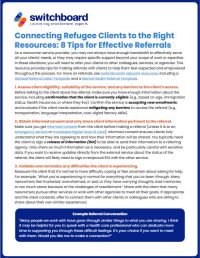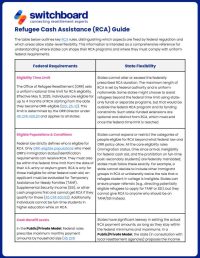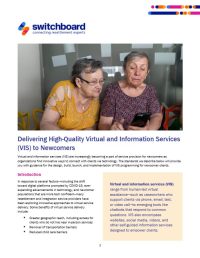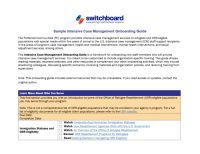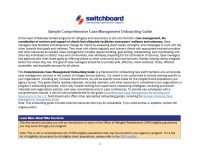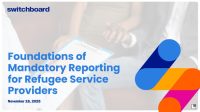As the refugee resettlement sector has experienced a decline in arrivals, and enrollments into Office of Refugee Resettlement (ORR) programs have reduced, service providers are thinking creatively about outreach. Engaging “overlooked” ORR-eligible populations can help providers meet program goals even when arrival numbers are low. This blog post will help you identify potentially eligible clients […]


